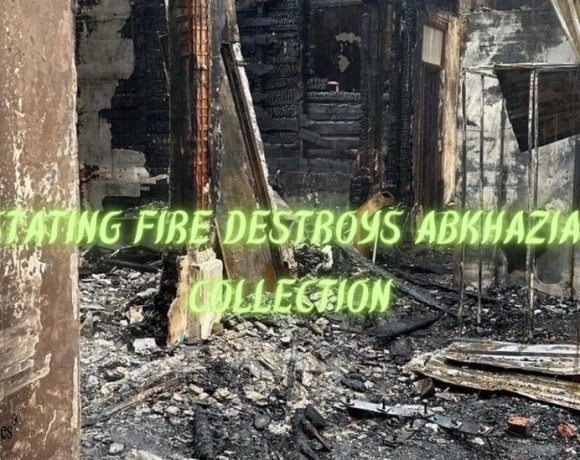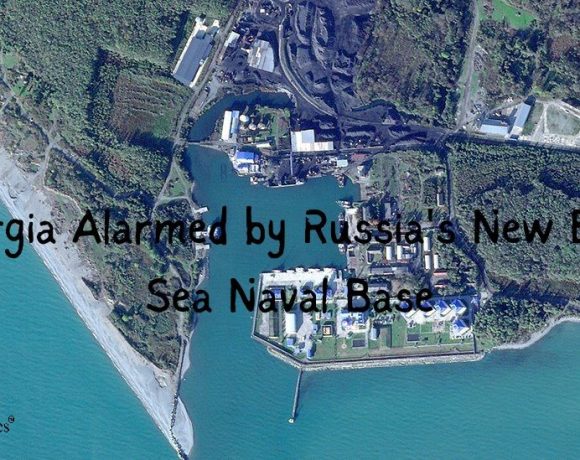
A devastating fire has ravaged the majority of Abkhazia’s art collection in the National Art Gallery in Sukhumi, the capital of the breakaway region controlled by Russia. The blaze, which destroyed over 4,000 paintings, is suspected to have originated from an electrical short circuit in the early 20th-century wooden building that housed the valuable collection. Among the lost artworks were 300 pieces by the renowned artist and stage designer Alexander Chachba-Shervashidze. The gallery’s director, Suram Sakanya, lamented the irreparable loss, emphasizing that the collection had withstood Abkhazia’s civil war with Georgia in the 1990s.
Local artists had long advocated for a more suitable storage location, and a video before the fire revealed cramped rooms with insufficient protection for the paintings. Abkhazia, receiving support from Moscow, is situated in the north-western corner of Georgia and shares a border with Russia. Despite the region’s declaration of independence in 1999 after a war of secession with Georgia, it lacks widespread international recognition. Following the Georgian-Russian war in 2008, Moscow recognized Abkhazia as an independent state, while Georgia contends that Russia occupies the region.
Georgian President Salome Zourabichvili expressed sorrow over the tragedy, attributing it to the neglect of cultural identity by both the de facto leadership and Russian occupants. Russia has pledged to dispatch specialists to Sukhumi to aid in the restoration of the surviving 150 paintings rescued from the fire.
Picture Courtesy: Google/images are subject to copyright

